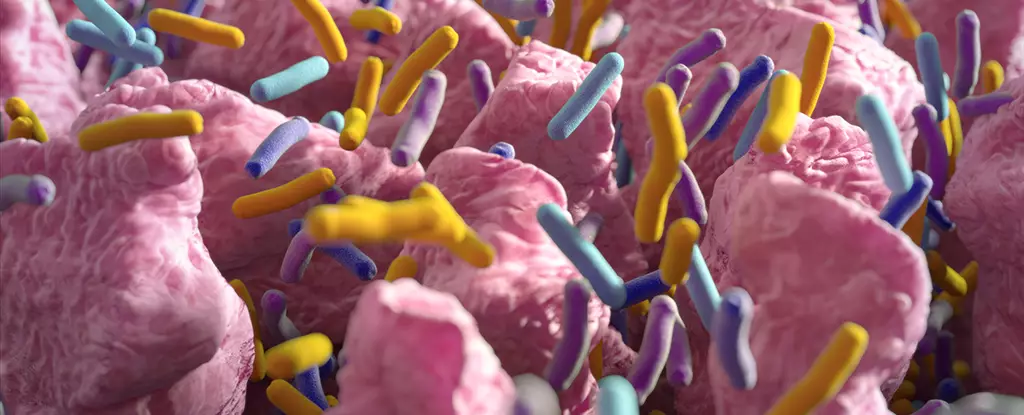Obesity remains one of the most stubborn health challenges of our era, with conventional solutions often falling short or carrying undesirable side effects. In recent years, pharmaceutical interventions like Ozempic have revolutionized weight management by exploiting the body’s natural biological pathways—particularly the hormone GLP-1. These drugs mimic the effects of GLP-1, a hormone produced in the gut that reduces appetite and enhances insulin sensitivity. While undeniably effective, their artificial nature raises questions about long-term safety and sustainability. This opens an exciting avenue: could our bodies be coaxed into producing GLP-1 more naturally, harnessing the power of gut microbes and dietary components?
Emerging Research: Gut Microbes as Natural Alchemists
Research from Marshall University provides intriguing insights into the complex relationship between gut health and obesity. Notably, scientists have identified that a reduced number of enteroendocrine cells (EECs)—the specialized cells in the gut responsible for secreting hormones like GLP-1—could be contributing to increased weight gain. The study demonstrates that by supplementing with tryptophan, an amino acid abundant in foods such as poultry, eggs, and seeds, it’s possible to stimulate the gut to produce more EECs. These cells, in turn, release more GLP-1, mimicking the desired effect of weight-loss drugs but in a more natural and potentially safer manner.
What makes this discovery groundbreaking is the identification of the biological pathway involved. The researchers pinpointed the aryl hydrocarbon receptor (AhR) as the critical receptor mediating the transformation of dietary tryptophan into EECs. This receptor essentially acts as a molecular switch, signaling the gut to produce more hormone-secreting cells when activated appropriately. By targeting this receptor, future therapies could precisely boost the body’s own hormone production, sidestepping many side effects associated with synthetic drugs.
The Role of Microbial Metabolites: Nature’s Chemical Factory
The key to this revolution lies in microbial metabolites—biochemical compounds produced by gut bacteria during the digestion of dietary components. Tryptophan’s breakdown into indole, a known metabolite, has now been linked to stimulating the growth of EECs and consequently increasing GLP-1 secretion. This finding underscores the immense potential of probiotics and dietary interventions to influence metabolic health profoundly.
Imagine a future where simply adjusting your diet or taking a tailored probiotic supplement could recalibrate your gut’s hormone production, making weight loss more straightforward and sustainable. Such approaches would be less invasive and could provide a continuous, low-maintenance way to maintain a healthy weight. Moreover, since these interventions work by harnessing the body’s own mechanisms, they are unlikely to produce the severe side effects associated with some pharmaceuticals.
Potential and Limitations: The Road Ahead
While these findings are promising, it’s crucial to approach them with a healthy dose of skepticism. The transition from promising laboratory studies on rats and organoids to effective human therapies involves numerous hurdles. Human biology is intrinsically more complex, with variability that can influence how well these interventions work. For instance, differences in gut microbiota composition, diet, genetics, and overall health could all impact the effectiveness of tryingptophan-based treatments.
Furthermore, manipulating microbe-derived metabolites and receptor pathways requires a delicate balance. Overactivation of these pathways might lead to unintended consequences, such as disrupting gut homeostasis or triggering immune reactions. The research community must therefore proceed cautiously, conducting extensive clinical trials before these strategies become mainstream.
Finally, it’s worth noting that any intervention aiming to increase natural GLP-1 production may complement rather than replace existing therapies. It’s unlikely that dietary or probiotic strategies alone will dramatically reverse severe obesity but could serve as valuable tools within a comprehensive, personalized health plan.
In contemplating the future, the most compelling prospect is a paradigm shift—moving away from dependence on external drugs toward internally regulated, microbe-mediated health solutions that align with the body’s natural rhythms. Such innovations hold the promise not only for weight management but also for broader metabolic disorders, fundamentally transforming how we approach health and wellness.

